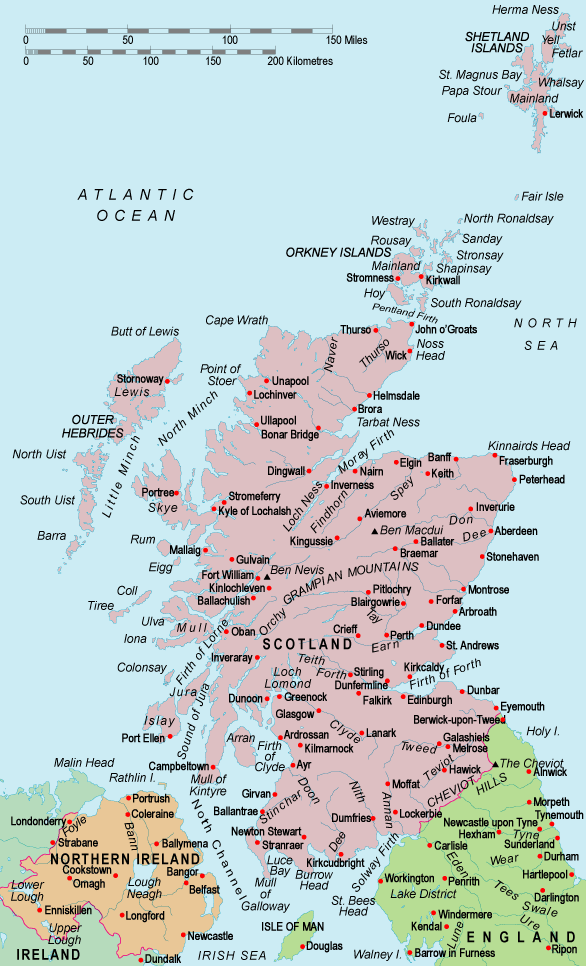Why do we exist?
It is well established that LGBTQIA+ and racialised communities face greater vulnerability and marginalisation in society than the general population of the UK, and Scotland. For people who belong to both groups (QTIPOC+ communities), there is the issue of double marginalisation and intersectional discrimination which is currently being poorly addressed within Scotland.
Research from LGBT+ organisation Stonewall in 2018 found that 51% of QTIPOC+ respondents, across the UK, had faced discrimination or poor treatment within the LGBT+ community. This increased to 61% for Black LGBT people, specifically. This issue was also highlighted in a recent Health Needs Assessment (HNA) of LGBT+ communities in Scotland, from 2019-22, which found reported discrimination within the LGBT community on the basis of disability, race or religion.
Furthermore, discrimination against LGBT+ groups can also be an issue within racialised communities. Considering many countries within the Global South still criminalise homosexuality, it can be more difficult for people from these cultural backgrounds to find acceptance within their communities. An example of this can be seen from the Stonewall LGBT in Britain report (2018), which reported that a third of LGBT+ people of faith, I.e., Muslims, Christians, Hindus etc., are not open with anyone in their community about their sexual orientation, and one in four for trans people of faith are not open about their gender identity. They also highlighted that people of faith can face stigma and are often assumed to be homophobic/biphobic/transphobic by default.
As social acceptance and connectedness have major impacts on wellbeing at different levels, the inter-community discrimination and isolation faced by QTIPOC+ groups contributes to the increased experience of poorer health and socioeconomic outcomes for these communities. Qualitative research as part of the Scottish LGBT+ Health Needs Assesment, identified that for LGBT+ groups, feeling a part of the LGBT+ community greatly impacted wellbeing as this provided individuals with support, validation and a sense of belonging. However, this was not always possible due to the discrimination faced within the community, as mentioned above. Stonewall reported that QTIPOC+ people are almost twice as likely to attend LGBT-specific venues or events as White LGBT+ people, demonstrating that spaces are used by this community, and so there is the need to ensure they feel safe and are inclusive.
Current organisational landscape
QTIPOC+ identities are underrepresented in the Scottish equality landscape and legal frameworks/support for those experience multiple discrimination is non-existent. Across the UK, we can see this issue represented in organisations who usually focus on LGBT+ communities or racialised communities but rarely both. Organisations that do exist to address this need are concentrated within the main central hubs such as London and Birmingham.
References
Stonewall. LGBT in Britain (2018) report.
Traci Leven. Health needs assessment of lesbian, gay, bisexual, transgender and non-binary people. [online]. Available from: https://www.stor.scot.nhs.uk/bitstream/handle/11289/580332/Final%20Report%20%2831%20May%202022%29.pdf?sequence=1&isAllowed=y
Stonewall Scotland. 15 things LGBTQ people colour want you know. [online]. Available from: https://www.stonewallscotland.org.uk/about-us/news/15-things-lgbtq-people-colour-want-you-know
BEMIS, The Equality Network. Everyone in: The Minority Ethnic LGBT project. [online]. Available from: https://www.equality-network.org/wp-content/uploads/2013/05/Everyone+IN+Full+report+August+2009.pdf
The Equality Network & BEMIS. [online]. Available from: https://www.bemis.org.uk/The%20Equality%20Network.pdf

